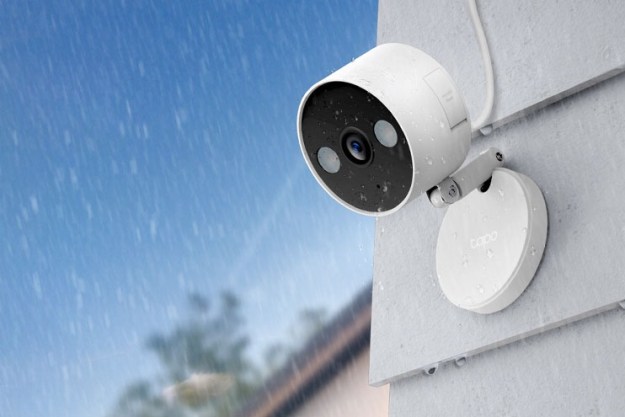The Recording Industry Association of America (RIAA), famous for filing lawsuits against individuals it alleges are sharing copyrighted music files via peer-to-peer file sharing services, has stepped up its program of copyright infringement complaints directed at students at colleges and universities. So far for the 2006–2007 academic year, the RIAA has complained about the activities of nearly 15,000 students at just the 25 most-targeted schools. And, in a move to put pressure on those institutions, the RIAA has released the names of the 25 schools with the most complains to the Associated Press.
The RIAA notes that the number of complaints filed with a particular school doesn’t necessarily indicate the schools are the worst offenders when it comes to music file sharing, just that they’ve received the most notices. The RIAA also says it is using new software tools to improve detection and tracking of Internet file sharing, and it’s likely those tools are more effective at some institutions than others. The size of a school’s student population may also play a factor: the school which received the most infringement notices from the RIAA also happens to have the largest student body of any college or university in the United States.
In theory, schools could be sued by the RIAA if they fail to clamp down on illegal file sharing activity once they have been informed it has been taking place, although the outcome of such a suit might not be a a slam-dunk since schools are subject to different requirements than corporations or individuals. However, different institutions respond very differently to the RIAA’s notices, some taking the reports more seriously than others. Many schools issue warnings to students found to have been participating in illegal file sharing; some schools meet with repeat offenders in person, and some make offenders watch an RIAA-produced anti-piracy video. Some schools sanction repeat offenders, even suspending three-time offenders from classes. (We’re betting that didn’t translate into any sort of tuition reimbursement.)
However, some schools—most notably Purdue University—take a very laissez faire attitude toward the notices, arguing their students aren’t repeat offenders but merely inquisitive, talented young people. Purdue also feels it would too onerous to investigate every infringement report, and such actions would fall outside their perceived role as a “service provider.”
| Copyright Infringement Complaints from the RIAA | ||
| School | 2005–2006 | 2006–2007 |
| Ohio University | 232 | 1,287 |
| Purdue University | 37 | 1,068 |
| University of Nebraska-Lincoln | 421 | 1,002 |
| University of Tennessee-Knoxville | 153 | 959 |
| University of South Carolina | 204 | 914 |
| University of Massachusetts-Amherst | 365 | 897 |
| Michigan State University | 418 | 753 |
| Howard University | 604 | 572 |
| North Carolina State University | 242 | 550 |
| University of Wisconsin-Madison | 125 | 513 |
| University of South Florida | 276 | 490 |
| Syracuse University | 181 | 488 |
| Northern Illinois University | 3 | 487 |
| University of Wisconsin-Eau Claire | 199 | 473 |
| Boston University | 164 | 470 |
| Northern Michigan University | 146 | 457 |
| Kent State University | 112 | 424 |
| University of Michigan-Ann Arbor | 93 | 400 |
| University of Texas-Austin | 113 | 371 |
| North Dakota State University | 204 | 360 |
| Indiana University | 160 | 353 |
| Western Kentucky University | 128 | 353 |
| Seton Hall University | 5 | 338 |
| Arizona State University | 177 | 336 |
| Marshall University | 154 | 331 |
| Total | 4,916 | 14,646 |


